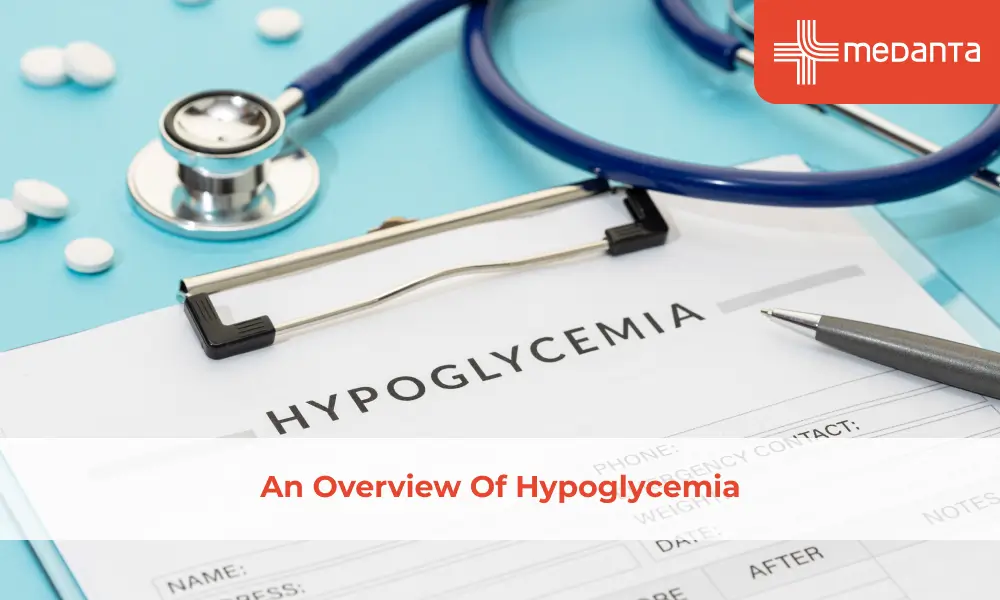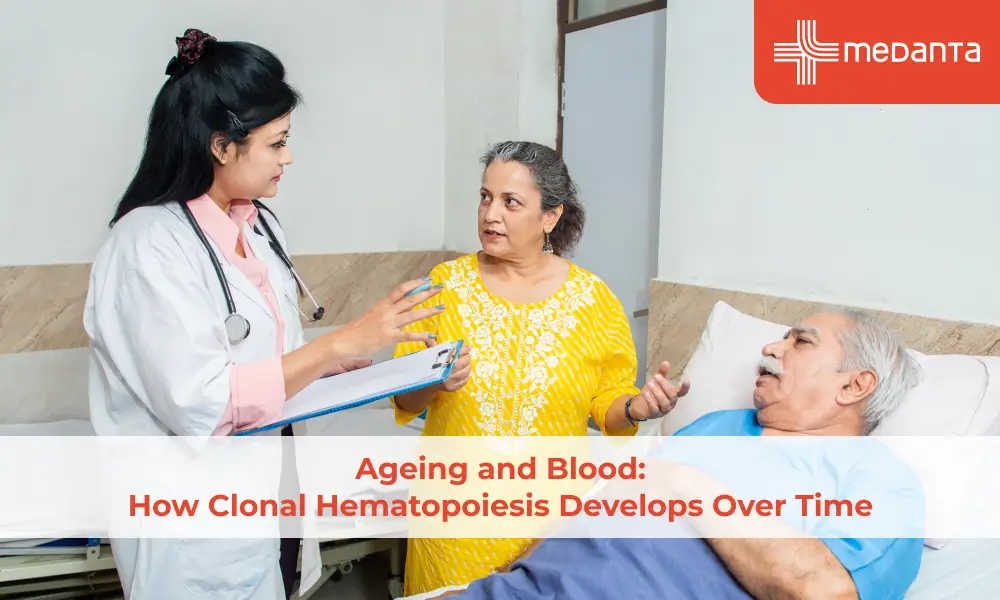An Overview Of Hypoglycemia

Hypoglycemia is a condition that is caused due to very low blood sugar (glucose) levels in your body. Although it is often related to the treatment of diabetes, there could be a variety of other symptoms that can cause low blood sugar in people without diabetes. Like a fever, hypoglycemia isn’t a disease in itself - it is an indicator of an underlying health problem.
What Are The Symptoms of Hypoglycemia?
When your blood sugar levels become too low, you could exhibit the following signs and symptoms:
An irregular heart rhythm
Fatigue
Pale skin
Shakiness
Anxiety
Sweating
Hunger
Irritability
Tingling sensation around the mouth
If the hypoglycemia worsens, the symptoms may include:
Confusion, such as the inability to complete routine tasks
Visual disturbances, such as blurred vision
Seizures
Loss of consciousness
People with severe hypoglycemia may appear to be intoxicated. They may behave very clumsy and start slurring their words.
What Can Cause Blood Sugar To Drop?
There are several factors that can affect your sugar levels, but the most common is a side effect of drugs used to treat diabetes
Possible causes, with diabetes
Diabetes is of two types. One where the body does not produce enough insulin (Type 1 Diabetes) and the other, where the body is less responsive to it (Type 2 Diabetes). In either case, the glucose levels in the bloodstream tend to build up to dangerously high levels. To address this issue, a diabetic may take insulin or other drugs to lower their blood sugar levels.
But too much insulin and other medications may cause blood sugar to drop, causing hypoglycemia. Hypoglycemia may also occur if meals are not eaten at regular timings after taking diabetes medications, or due to excessive exercise.
Possible causes, without diabetes
Hypoglycemia in people without diabetes is less common and may include the following causes:
Accidentally taking oral diabetes medications is a possible cause of hypoglycemia. Other medications, such as quinine (used to treat malaria) may cause hypoglycemia, especially in children or in people with kidney failure.
Excessive alcohol consumption without eating for long periods of time can block your liver from releasing stored glucose into the bloodstream, causing hypoglycemia.
Having an underlying health problem or critical illness, such as severe hepatitis, can cause hypoglycemia.
Eating disorders such as anorexia nervosa, that involve long-term starvation can result in the depletion of substances that your body needs to generate glucose, resulting in extremely low sugar levels.
A rare tumor in the pancreas may cause overproduction of insulin, resulting in excessive insulin release in the bloodstream, further depleting your glucose reserves.
Certain disorders of the adrenal and pituitary glands can result in a deficiency of key hormones that regulate glucose production. Children may experience low blood sugar levels if they have a deficiency of the growth hormone.
What Are The Treatment Methods?
Immediate treatment needs to be administered when the blood sugar levels are at 70 milligrams per deciliter (mg/dL) or 3.9 millimoles per liter (mmol/L) or below. The immediate initial treatment depends on your symptoms and can usually be treated by consuming sweets or fruit juices.
If your symptoms are more severe, it may impair your ability to consume sugar orally. In such cases, you should visit the doctor immediately.
However, if you suffer from recurrent hypoglycemia, your doctor needs to identify the underlying condition and treat it. Depending on the underlying cause your doctor may alter your medication by adjusting the dosage. In case of a tumour in the pancreas, your doctor may advise you to undergo surgery to remove any malignant cell growth. In some cases, partial removal of the pancreas may become necessary.
Hypoglycemia is common in type 1 diabetes, with symptomatic hypoglycemia occurring an average of twice a week. But if you notice that you're having frequent episodes of hypoglycemia, or if your blood sugar levels are dropping significantly lower, talk with your doctor to find out how you might need to change your diabetes management.






